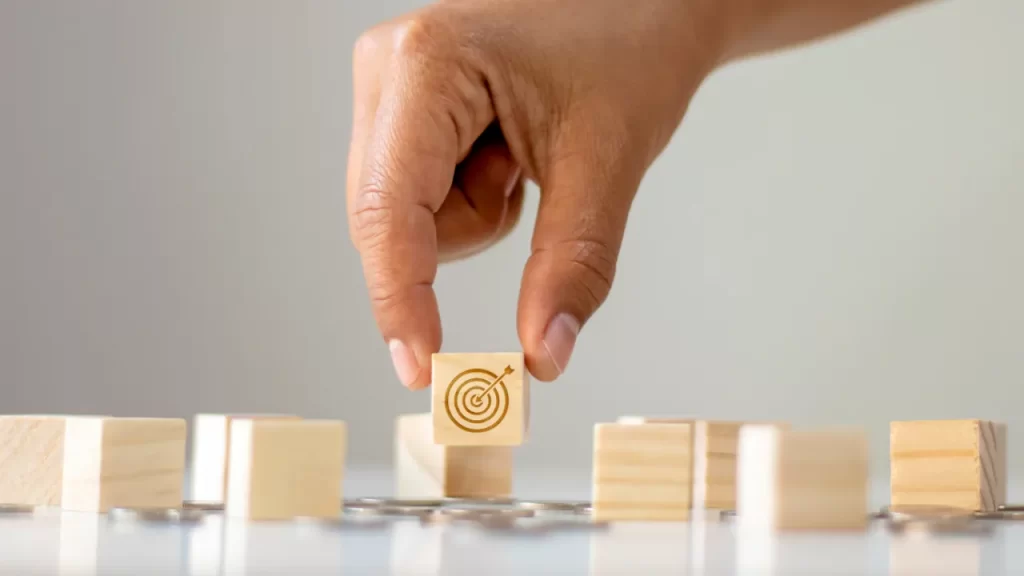Successful CFD trading isn’t just about knowing the market or having the best strategy—it’s also about mastering your emotions.
Many traders struggle not because they lack technical skills but because they let fear, greed, or impatience take control of their decisions.
In this guide, we’ll explore the psychological challenges traders face and provide practical techniques to stay disciplined, make rational decisions, and maintain a long-term mindset.

Why Trading Psychology Matters
Trading is more than just analyzing charts and placing orders.
Your emotions can influence how you react to market movements, leading to impulsive decisions that may hurt your profitability.
Common Psychological Traps in CFD Trading
- Fear of losing – Exiting trades too early or hesitating to take opportunities.
- Greed – Holding onto trades too long, hoping for bigger profits.
- Revenge trading – Making reckless trades after a loss to “win back” money.
- Overconfidence – Taking excessive risks after a few successful trades.
- Impatience – Entering trades without proper analysis due to boredom or frustration.
Recognizing these tendencies is the first step toward improving discipline.

How to Control Emotions in CFD Trading
A. Create a Trading Plan and Stick to It
A well-defined trading plan helps eliminate impulsive decisions. It should include:
- Entry and exit rules (when to buy and sell).
- Risk management strategies (stop-loss and take-profit levels).
- Position sizing rules (how much to invest per trade).
By following a structured plan, traders avoid emotional reactions to market fluctuations.
B. Use Stop-Loss and Take-Profit Orders
Setting stop-losses prevents panic-selling, and take-profit levels help lock in gains. These automated tools remove emotion from trading decisions.
Example: If you enter a trade expecting a 2:1 risk-reward ratio, stick to it instead of closing the trade too early due to fear.
C. Detach from Money and Focus on Process
Rather than obsessing over every gain or loss, focus on executing good trades consistently. Professional traders know that losses are part of the game and don’t let them impact future decisions.

Managing Stress and Avoiding Burnout
1. Take Breaks and Avoid Overtrading
Many traders feel the need to trade constantly, thinking more trades mean more profit. However, overtrading leads to fatigue and poor decision-making.


2. Use a Trading Journal
Tracking your trades helps you identify patterns in your behavior. A journal should include:
- Trade entry and exit points
- Reasons for entering the trade
- Emotional state at the time of the trade
- Outcome and lessons learned
Regularly reviewing your journal will highlight emotional mistakes and help refine your strategy.

How to Build Long-Term Discipline in CFD Trading
1. Set Realistic Expectations
Many beginners believe trading will make them rich overnight. In reality, successful traders build wealth over time.


2. Develop a Growth Mindset
Top traders constantly learn and improve. They:
- Analyze past mistakes instead of blaming the market.
- Stay updated on market trends and trading strategies.
- Seek continuous education through books, courses, and mentorship.
3. Avoid Emotional Trading After Losses
Losing streaks happen to every trader. The key is to stay calm and avoid revenge trading.



Conclusion
Staying disciplined in CFD trading requires emotional control, patience, and a structured approach.
Traders who manage their psychology effectively tend to outperform those who let emotions dictate their decisions.






